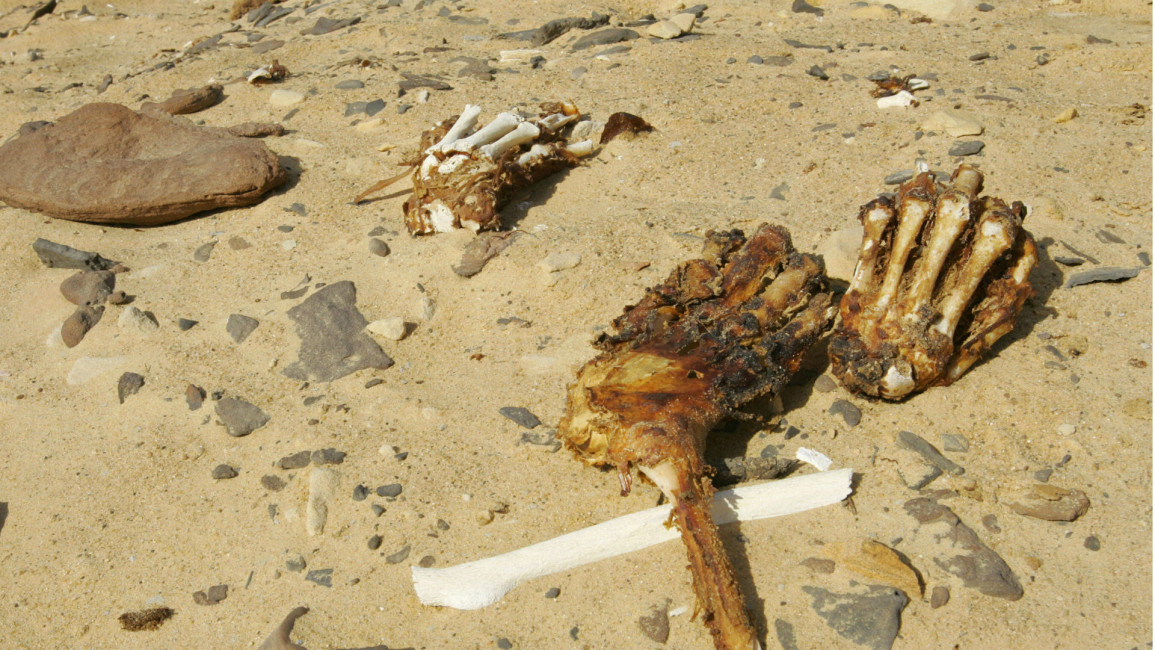Looting of Egyptian sites has surged, say 'space archaeologists'
Looting of historical sites in Egypt has surged amid the chaos that has followed the revolution in 2011, a newly released report has claimed.
Publishing her findings in the journal Antiquity, "space archaeologist" Sarah Parcak, an associate professor of anthropology at the University of Alabama, has examined satellite images of huge excavations left in the ground in recent years by tomb-robbers.
"The number of looting pits dug during 2009 and 2010 is, in our opinion, simply staggering," the study says.
Recording a total of 17,762 looting pits between 2009 and 2010, the study found that this number had surged to an annual average of 38,000 between 2011 and 2013. This evidence suggests a strong link between the increase in looting and the upheaval of the Arab Spring.
"What satellite imagery has done is show us the scale of the problem," David Gill, a professor of archaeological heritage at the UK's University Campus Suffolk, told Live Science.
Once items of historical value are stolen, they often end up on the black market for tourists and collectors around the world. From coffins to monumental stones, and even the embalmed bodies of mummies, looters have removed a broad range of historical items from their sites in order to make a profit.
In July 2011, US law enforcement agencies foiled an attempt by an international antiquities smuggling ring to smuggle Egyptian artefacts into the US that had an estimated market value of $2.5 million.
The years following the Arab uprisings have posed a particular problem for governments around the Middle East with regards to the protection of antiquities, with historical sites coming under attack by both looters and militant groups.
Through her research, Parcak hopes to use satellite images and crowd-sourcing to locate and protect archaeological sites around the world. To achieve this, Parcak will be investing $1 million of her own money that she collected as a 2016 TED prize winner.
"I wish for us to discover the millions of unknown archaeological sites across the globe," Parcak tole the International Business Times.
"By building an online citizen science platform and training a 21st century army of global explorers, we'll find and protect the world's hidden heritage, which contains clues to humankind's collective resilience and creativity."



